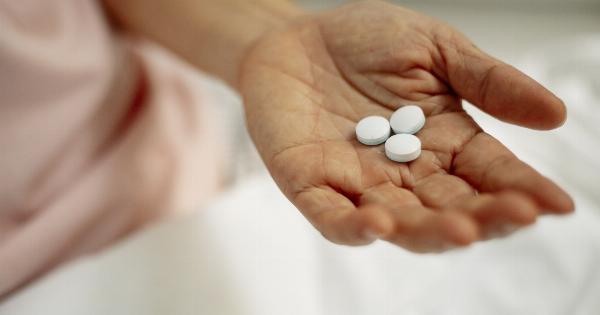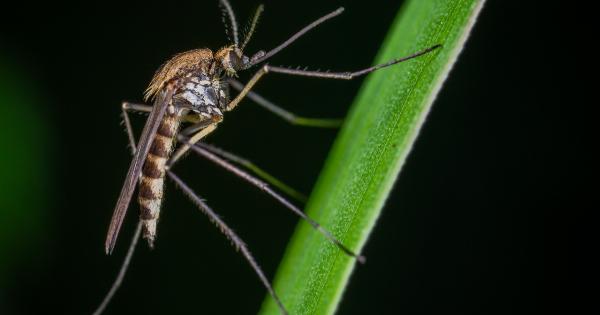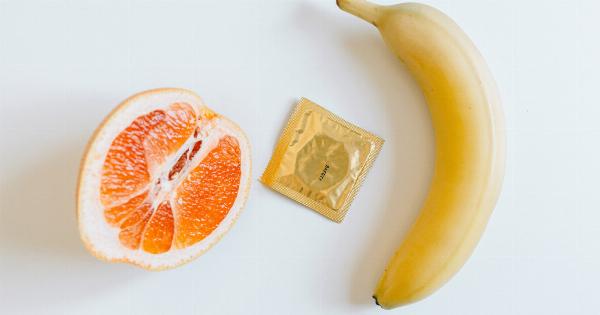Aphids are small insects that belong to the family Aphididae. They are commonly found in gardens, agricultural fields, and even indoor plants. While aphids are generally harmless to humans, they can sometimes bite and cause discomfort.
In this article, we will discuss what to do if you get bitten by an aphid and how you can prevent these bites in the first place.
What Do Aphid Bites Look Like?
Aphid bites are not similar to bites from mosquitoes or other insects. In fact, aphids do not possess biting mouthparts like mosquitoes. Rather, aphids have a needle-like structure called a stylet that they use to pierce plant tissues and feed on sap.
When they sense human skin, they might try to probe it with their stylet, which can result in a pinching sensation. The bite mark left by an aphid usually appears as a small, red dot with mild swelling.
What to Do if Bitten by an Aphid
If you have been bitten by an aphid, there are a few simple steps you can take to alleviate the discomfort and promote healing:.
1. Wash the Affected Area
Start by gently washing the affected area with mild soap and lukewarm water. This will help remove any remaining aphid saliva or debris from the bite and reduce the risk of infection.
2. Apply a Cold Compress
To reduce itching and swelling, apply a cold compress or ice pack to the bite for about 10-15 minutes. The cold temperature will help numb the area and constrict blood vessels, providing relief from itching and reducing swelling.
3. Use Over-the-Counter Creams or Lotions
If the itching persists, you can apply over-the-counter anti-itch creams or lotions to the affected area. These products typically contain ingredients like hydrocortisone or calamine, which can help alleviate itching and reduce inflammation.
4. Avoid Scratching
Although it may be tempting to scratch the bite, try to resist the urge. Scratching can break the skin and introduce bacteria, leading to infection or more severe skin irritations.
5. Seek Medical Attention if Necessary
While aphid bites do not usually require medical attention, if you experience severe reactions such as difficulty breathing, extended swelling, or excessive pain, it is advisable to seek medical help.
These symptoms may indicate an allergic reaction or the bite of a different insect.
Preventing Aphid Bites
Prevention is always better than cure, and the same applies to aphid bites. Here are some measures you can take to minimize the risk of being bitten by aphids:.
1. Wear Protective Clothing
If you are working in a garden or an area prone to aphid infestations, wear long sleeves, long pants, and closed-toe shoes. This protective clothing will reduce your skin’s exposure to aphids and minimize the chances of getting bitten.
2. Use Bug Repellants
Applying bug repellants or insecticides can also help repel aphids. Look for products containing ingredients like DEET or picaridin, as these are effective against various insect species, including aphids.
However, make sure to follow the instructions on the product label and apply it only on exposed skin.
3. Keep Your Surroundings Clean
Aphids are more likely to infest areas with overgrown plants or weeds. Regularly trim and prune your plants to eliminate hiding spots for aphids. Additionally, remove any dead leaves or debris near your plants, as these can attract aphids.
4. Introduce Natural Predators
Consider introducing natural predators of aphids, such as ladybugs or lacewings, to your garden. These beneficial insects feed on aphids and help keep their populations under control.
5. Spray Water
Aphids dislike excessive moisture. Spraying water on your plants regularly can help deter aphids from colonizing them. This method works best for small infestations or as a preventive measure.
Conclusion
Aphid bites, while uncommon and generally harmless, can cause mild discomfort. By following the aforementioned steps, you can alleviate the symptoms and promote healing.
Additionally, taking preventive measures such as wearing protective clothing, using bug repellants, maintaining cleanliness, introducing natural predators, and spraying water can help minimize the risk of aphid bites in the first place. Enjoy your time in the garden without worrying about aphid bites!.




























